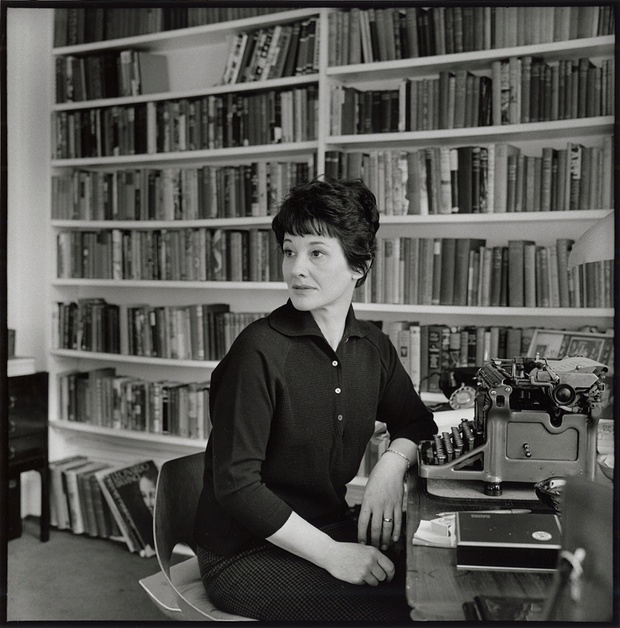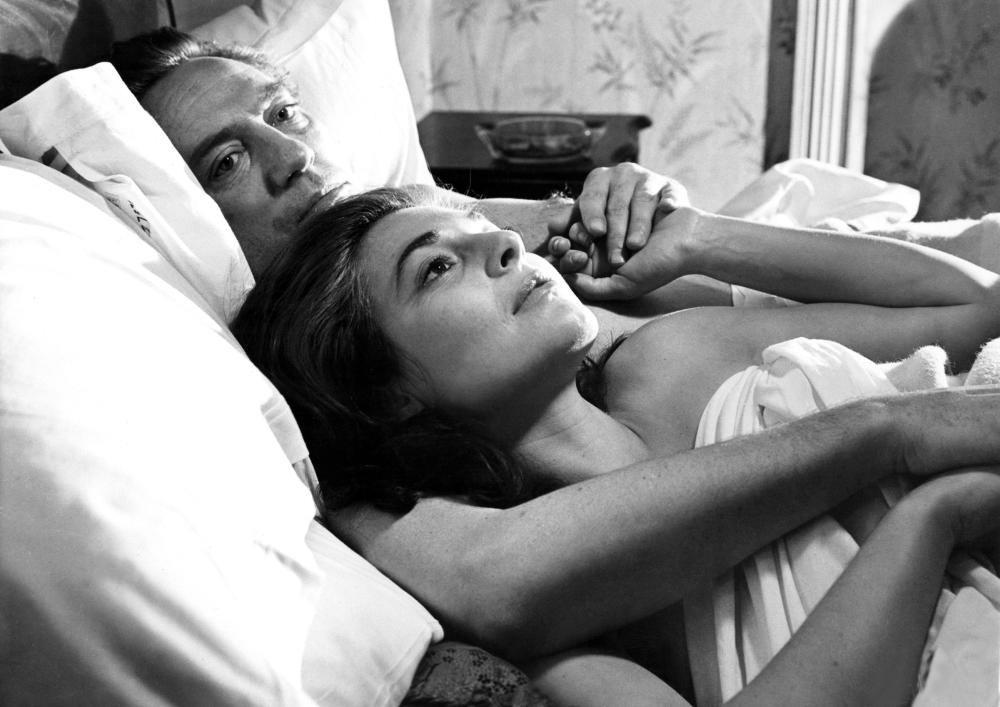International
The Self Who Was Doing the Writing: on Positano and Penelope Mortimer's About Time Too
Thoughts on books
In 1953, John Steinbeck published a story in Harper's Bazaar, called Positano.
"Positano bites deep. It is a dream place that isn’t quite real when you are there and becomes beckoningly real after you have gone. Its houses climb a hill so steep it would be a cliff except that stairs are cut in it. I believe that whereas most house foundations are vertical, in Positano they are horizontal. The small curving bay of unbelievably blue and green water laps gently on a beach of small pebbles. There is only one narrow street and it does not come down to the water. Everything else is stairs, some of them as steep as ladders. You do not walk to visit a friend, you either climb or slide."
I am enjoying a two week holidays in the Amalfi area, and I can see why authors (and artists) fell in love with Positano.
Currenty, I am reading About Time Too, the second part of Penelope Mortimer's autobiography (the first part was titled About Time). Mortimer is the author of the haunting novel The Pumkin Eater, a book I read some months ago, acquired Dutch rights for so we can publish at Lebowski Publishers, and which still resonates in the back of my head. Allthough Mortimer's private life and all of Mortimer's main protagonists resemble many similarities, she states (in About Time Too):
"Similarly, although what I wrote was always assumed to be autobiographical, I never once wrote about myself, or the self who was doing the writing. All my women protagonists were victims of their insensitive husbands; none of them did any work; they had children, but didn't get much enjoyment out of them; they had obscure, meaningful problems, but never about the gas bill or school fees; they weren't particularly bright or particularly good-looking or particularly anything. God knows who they were, but I knew them well."
 (Penelope Mortimer photographed by Ida Kar in 1961)
(Penelope Mortimer photographed by Ida Kar in 1961)
I find this a moving passage, knowing now what I did not know when I started reading The Pumpkin Eater (just released in june as a Penguin Classic): that she was the mother of six children (of four different fathers), that she had one miscarriage and one abortion (while at the same time her then husband John Mortimer had impregnated another woman). She tried to save her marriage:
"If the alternative was a happy life with John there was no question which I would choose. I gave in, agreeing not only to abortion, but also to sterilisation. It was a permanent commitment to John's happiness. My own, I assumed, would follow."
In her autobiography (which deals with the years 1940-1978, but only got published in 1991, eight years before she passed away), Mortimer also writes about a trip to Positano, her publisher - Michael Joseph - 'was concerned, and with reckless generosity sent us to Positano for the summer of 1956 to write a book about living abroad with children. Helga came with us, making nine people of varying sizes.'
In 1962 Penelope Mortimer published The Pumpkin Eater, a devastating book about the emotional breakdown of a woman, in which no details were spared: infidelity, motherhood, abortion, suicide, sterilization and 'emotional weather'. The book was turned into a film (starring Anne Bancroft, with Harold Pinter writing the script) and was Mortimer's biggest success.

I will dedicate another blogpost on Mortimer and, especially, on The Pumpkin Eater - when we will publish in october: I predict this book will touch many readers...